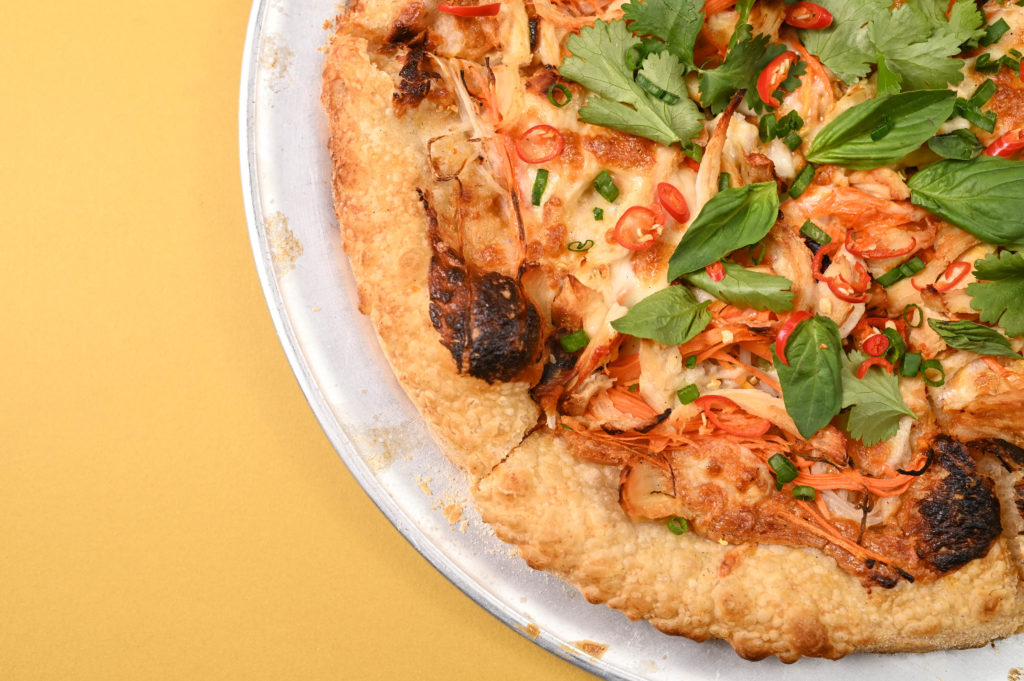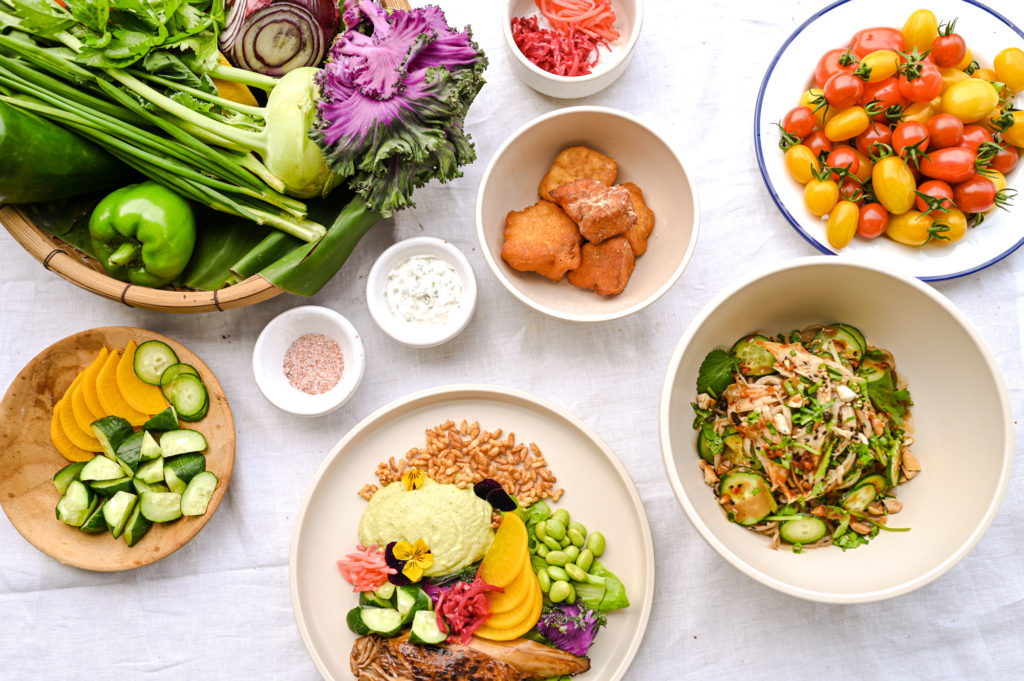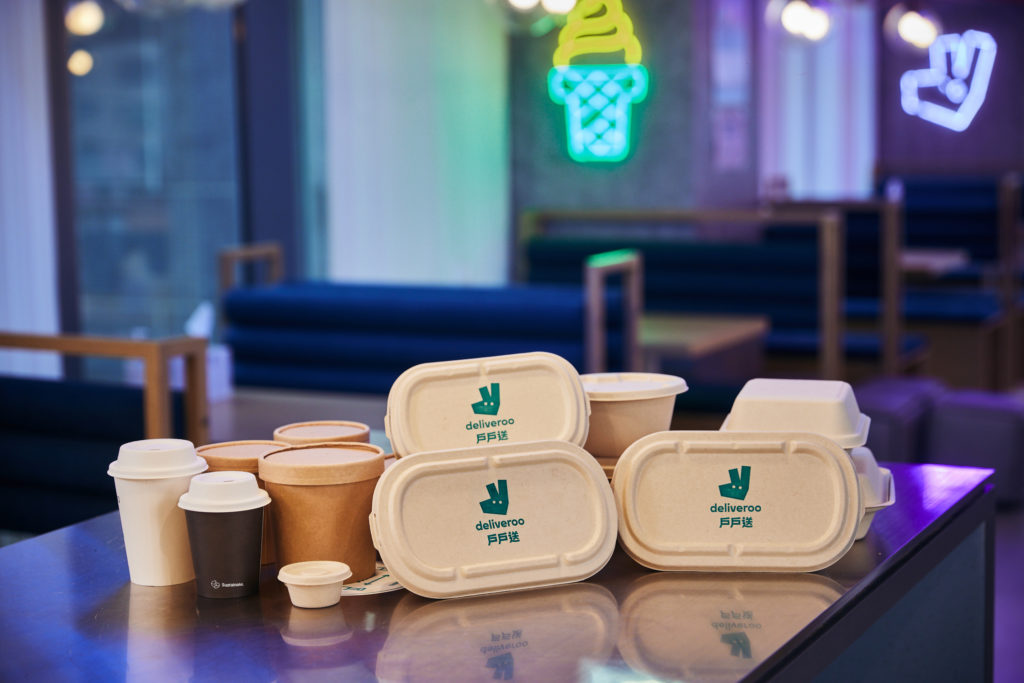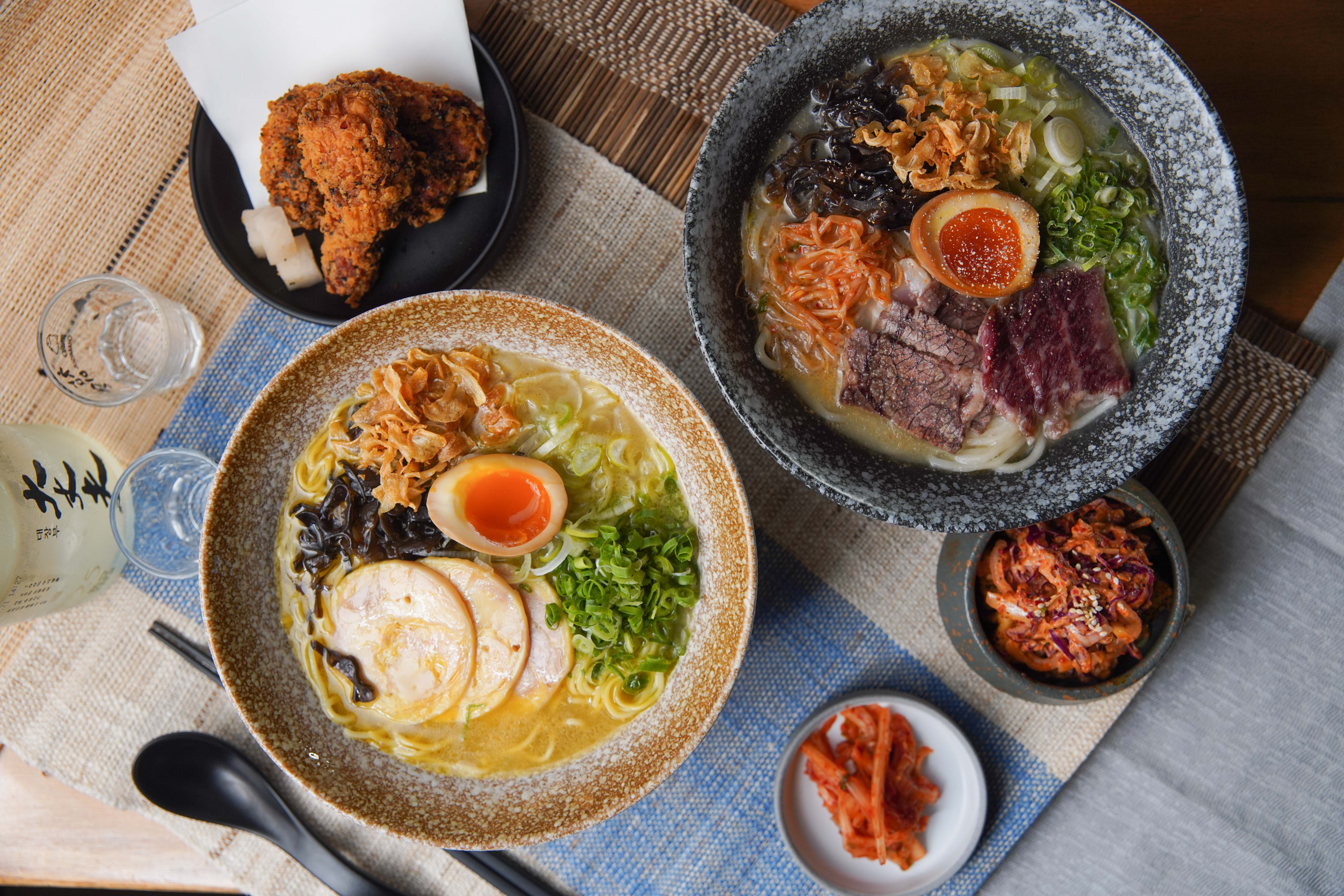4 Mins Read
Hong Kong-based ombnichannel food app KIN has just closed a $3.7 million pre-Series A funding round with participation confirmed by Tony Yeung, Chris Liu, Optimus Capital, and more to connect consumers more intrinsically to their food choices while eliminating waste and the negative environmental consequences of food delivery. KIN is powered by a learning algorithm that identifies what consumers want the most, thereby removing everything else from the supply chain and adapting to market conditions, in real-time.
KIN was launched in April and uses AI and automation to alter the existing food service landscape. It offers a menu of dishes for takeaway or delivery, which are specifically targeted to vertical populations’ observed preferences. It has been developed to service high-density areas, with Taikoo Place being announced as the first physical location. The area plays host to more than 50,000 individuals daily, allowing KIN to unveil a plan to serve one million chefs and food content creator curated meals within its first 12 months of operation and five million by 2024.

A new way to eat in Hong Kong
The central idea of KIN is the notion of food communities. These designated areas, all comprised of vertical communities with office workers and domestic residents included, allow food delivery zones to be reduced. This removes the need for any methodologies that contribute to the climate crisis. Walkers are the only delivery operators for Taikoo Place. The communities also provide the app with real-time data and allow for fast adaptation to remove recipes and meals that are not proving popular. This is how food waste is negated, with ingredients not being sourced when unnecessary.
Taking an integrated approach to sustainable food sourcing. KIN creates a perimeter for ingredients procurement. Communities will each house an on-site kitchen, aligned with the KIN charter. This ensures that all ingredients come from local farms or regenerative locations, via carbon-mitigated transport and from within the APAC region. Sustainable packaging can be managed centrally as well. The ultimate aim is to move away from food as an industrialised model, making it more personal, local and intrinsically less wasteful. For the buildings signing up to the KIN model, it is hoped that they will become increasingly attractive to prospective tenants.
“Among the many amenities that we offer at Taikoo Place, diverse F&B choices are ranked as one of the most important factors for our working population,” Priscilla Li, general manager of Taikoo Place said in a statement. “The extensive culinary selection available from KIN, coupled with an advanced app for ordering, as well as arranging takeaway and delivery, will enhance the overall dining experience for the Taikoo Place community, and make us as a Global Business District, even more attractive.”

Funding a food revolution
KIN’s $3.7 million pre-Series A raise has been earmarked for platform improvements and expansion into other multi-use vertical population areas. Taikoo Place is a pilot location that should, if successful, lead to other communities being established quickly.
“This latest financing ensures that we can continue to develop technologies to change the way we eat and refine our smart food ecosystem. By 2050, 80 percent of the world’s population will live in cities. So, if we want to target climate change from a food perspective, we need to change the way cities eat and we need to do it systemically.” Matt Reid, co-founder and CEO of KIN said in a statement.
“The food industry is in crisis. We believe we need to create systemic change to drive real meaningful impact. Our mission is to create technologies to change the way we eat. KIN enables whole districts to have access to exciting food from food innovators, made with regenerative agriculture, seamlessly available, digitally-led with carbon-free delivery. This is the first integrated food solution that learns what a building wants to eat. We have built KIN to be highly scalable and plan to expand into every urban vertical community.”

Tackling Hong Kong’s waste problem
A report published last December stated that Hong Kong is in the midst of a single-use packaging crisis. Largely attributed to takeaway culture and the Covid-19 pandemic increasing uptake of convenience foods, packaging waste now litters the streets. The report suggests that courses of action could include using recyclable packaging, consumers providing their own containers, restaurants loaning containers and home compostable packaging.
Deliveroo Hong Kong stepped up in March this year and announced a new HK$2 million investment to incentivise sustainable packaging for its partner restaurants. Locations will be able to buy discounted sustainable containers to offset the costs of moving to different packaging solutions.
All photos by KIN, unless stated.





